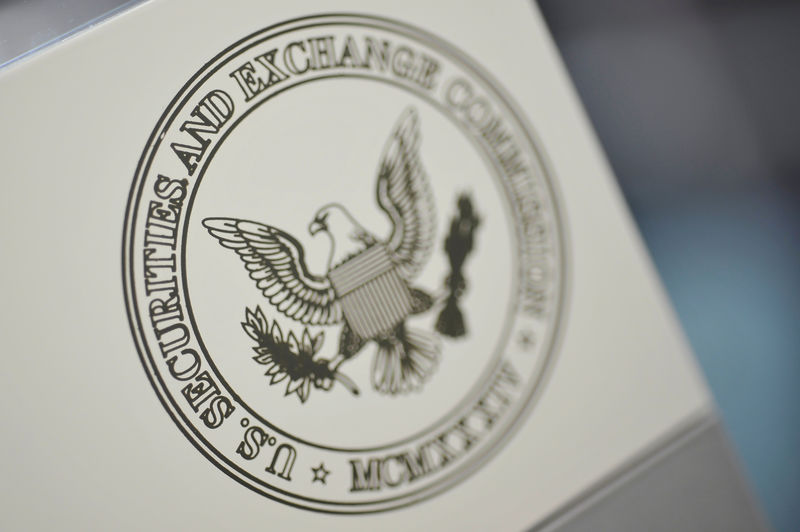This post was originally published on this site
https://i-invdn-com.akamaized.net/trkd-images/LYNXMPEFA4195_L.jpg
By Katanga Johnson and Jessica DiNapoli
WASHINGTON (Reuters) – Wall Street’s top regulator is poised on Tuesday to propose a long-awaited rule that would set new limits on shareholders’ ability to call for change at companies on thorny issues like climate change disclosures and executive compensation.
The U.S. Securities and Exchange Commission (SEC) will vote to raise the re-submission thresholds for motions that shareholders file on company ballots, according to an official authorized to speak on the matter. The shareholder proposals are a key part of corporate governance, and part of how investors hold companies accountable.
The current thresholds for re-submissions of proposals date back to 1954, the official said. Proposals resubmitted to companies within five years must have won 5% support in the past, up from 3% under current guidelines, the official said.
For second-time proposals within five years, a 15% minimum level of support will be required, up from 6%, the official said. If a proposal is re-submitted for a third time within five years, the proposed rule outlines a 25% threshold on the vote of support, up from 10%.
The agency’s proposed rule aims to end shareholder proposals that appear on corporate ballots with diminishing levels of support, the official said.
“This doesn’t mean the proposal goes away forever,” the official said.
The SEC will also unveil another rule that would require proxy adviser firms to give companies two chances to review their recommendations before they are sent to shareholders, the official said.
Both the rule on shareholder submissions and proxy advisers will be subject to public consultation.
Proxy advisory firms, including Institutional Shareholder Services Inc (ISS), recommend how investors should vote in corporate elections and cast ballots on behalf of some asset managers.
Tuesday’s proposal seeks to impose a ‘review and response process’ by allowing companies five days to review proxy adviser proposals and provide feedback to the advisers, who then have two-days to let companies know when they will send the recommendations out, the official said.
The agency official said this process aims to “allow advisers and companies to better communicate about the aspects of the proxy advisory report that meets a standard of interest” on proposed issues.
Industry groups, like the U.S. Chamber of Commerce, praised the SEC’s move to propose rules in this space.
“The current opaque system of proxy advice degrades the information available to investors,” Tom Quaadman of the Chamber told Reuters. “We believe the SEC’s actions is an important first step to create transparency and accountability that ensures investors have the best decision-making, useful information available.”
Proxy advisory firm ISS said it was unusual that the SEC was proposing such rules. President and Chief Executive Gary Retelny said: “It speaks volumes that the institutional investors which hire proxy advisers are not the ones calling for new, more onerous rules such as those now being contemplated.”
“Rulemaking typically is a lengthy and deliberative process and one can hope the SEC listens to and addresses the concerns of the investors it is charged with protecting.”
In August, the SEC issued a guidance that aimed to clarify how investors and firms that vote on their behalf should cast their ballots in corporate elections.
The guidance addressed some of the grievances U.S. corporations have long had about proxy advisers, such as mistakes in reports the advisers issue on specific companies and conflicts of interest in their business models.
Proxy adviser ISS last week sued the SEC over its guidance amid worries by investors that it may diminish voting rights and constrain shareholders’ ability to hold corporations accountable.

